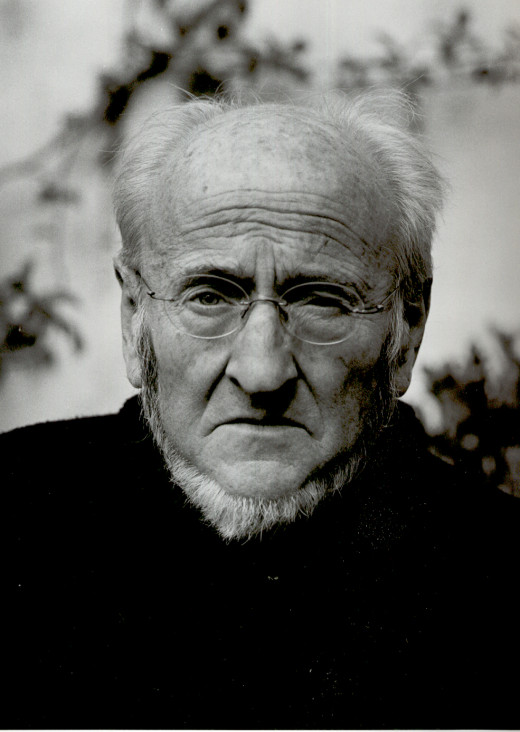The Circle's Quadrature
Original title: La cuadratura del círculo
Acardo is a man hounded by the feeling of his own individuality. He goes through several periods of his existence searching for his identity. He is born in the first half of the XIIth century, the second son of a nobleman. Long-legged and gloomy; bushy-browed and dark he makes a big contrast to his blonde brothers who are the favourites of their mother Matilda. At a young age he runs away from his mother home in search of his destiny. It will be a long journey that will draw him first to his uncle's house where he will be trained as a warrior. Afterwards, he will go to the refined and dissolute court of the minstrel Duke of Aquitania, Guillermo of Peitieu, who will knight him. In the eyes of Acardo, the Duke appears as the great corrupter of the words which are distorted by the deceitfulness of their irony. Later on, he will go to the Claraval Abbey, run under the powerful influence of Saint Bernardo, the Church Reformer. He enters this religious order with a very clear purpose: he wants the monks to teach him not to be afraid of the Duke to whom his father was vassal. He believes that the monks are independent from the powers of the world. After becoming a Templar Knight he travels to Jerusalem where he will take part in the disastrous defeat of the Second Crusade. Acardo is horrified by the massacre that takes place in the Holy Land and returns to Europe to demand an explanation from Saint Bernardo. In an open end, Acardo is left at the mercy of the elements with only the tenderness and brotherhood of his packhorse.
Acardo is a man hounded by the feeling of his own individuality. He goes through several periods of his existence searching for his identity. He is born in the first half of the XIIth century, the second son of a nobleman. Long-legged and gloomy; bushy-browed and dark he makes a big contrast to his blonde brothers who are the favourites of their mother Matilda. At a young age he runs away from his mother home in search of his destiny. It will be a long journey that will draw him first to his uncle's house where he will be trained as a warrior. Afterwards, he will go to the refined and dissolute court of the minstrel Duke of Aquitania, Guillermo of Peitieu, who will knight him. In the eyes of Acardo, the Duke appears as the great corrupter of the words which are distorted by the deceitfulness of their irony. Later on, he will go to the Claraval Abbey, run under the powerful influence of Saint Bernardo, the Church Reformer. He enters this religious order with a very clear purpose: he wants the monks to teach him not to be afraid of the Duke to whom his father was vassal. He believes that the monks are independent from the powers of the world. After becoming a Templar Knight he travels to Jerusalem where he will take part in the disastrous defeat of the Second Crusade. Acardo is horrified by the massacre that takes place in the Holy Land and returns to Europe to demand an explanation from Saint Bernardo. In an open end, Acardo is left at the mercy of the elements with only the tenderness and brotherhood of his packhorse.
